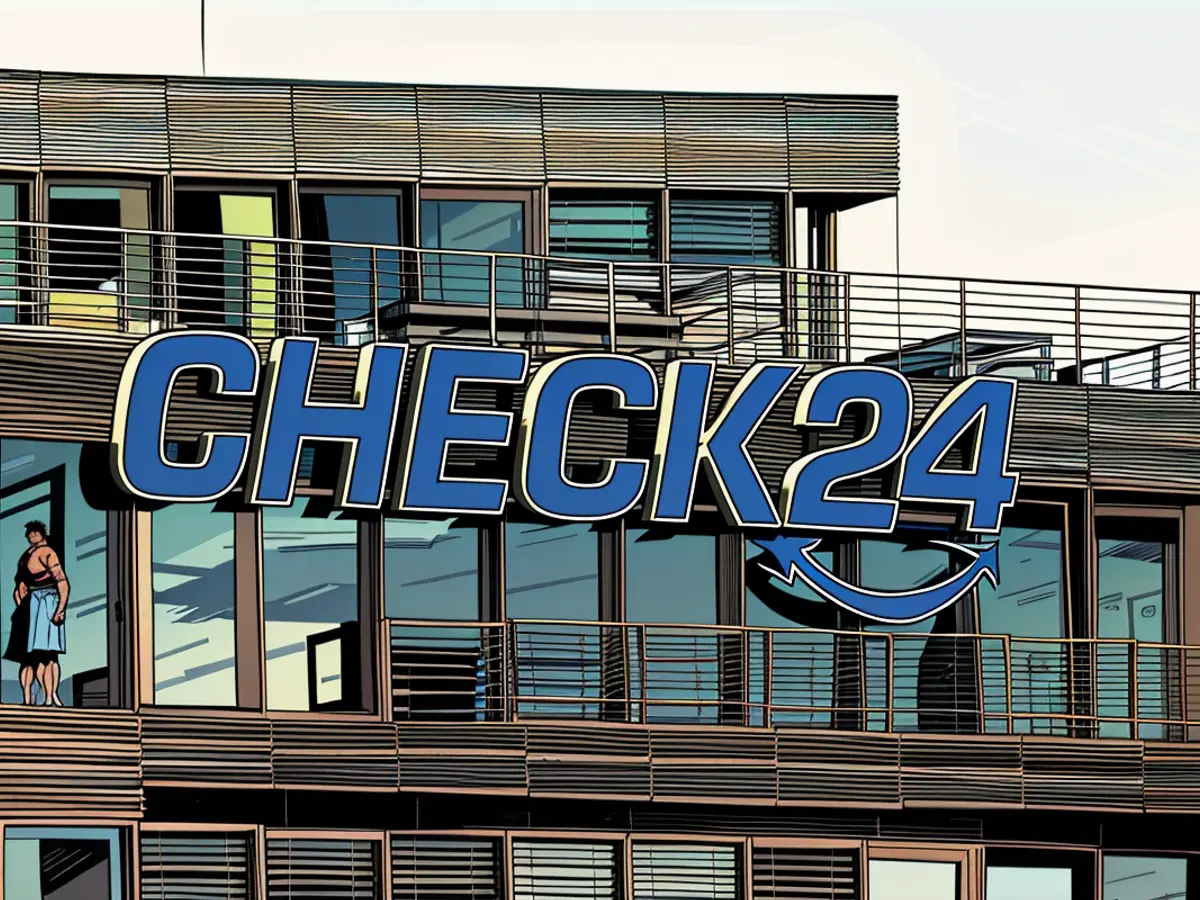Comparison portal - Allegations of discrimination against internet portal Check24
Check24 faces allegations of age discrimination. A recruiting guideline issued by the Munich comparison portal in the spring states that only product managers, developers, and data scientists with a maximum of two years of professional experience should be hired during the next two years. Those with more experience will be "filtered out by HR during the screening process".
Hiring based on attitude, not experience
This measure is justified under the slogan "Hire for attitude, train for skill". The reasoning behind this is that entry-level employees fit better into a corporate culture that is "open to unconventional ideas", offers "steep learning curves", and rewards based on "skills and performance", not "tenure and salary bands".
This rule does not apply to jobs during training periods (such as internships or trainee positions), but it does apply to the recruitment of management personnel, except for business manager positions. Requests for exceptions must be justified and submitted directly to Check24 co-founder Henrich Blase.
The company, which employs approximately 1000 people, has reportedly had good experiences with training its own managers: "That's how Check24 grew," it says in the document. They are convinced that "we need young talents to be just as successful in ten years as we are today". In response to an inquiry about the policy, the Check24 press department has not yet responded.
An experienced employee reacts indifferently to Finance Forward and Capital regarding the paper and primarily mentions the cost savings: "People who come directly from the university can be molded much easier and are much cheaper." In his experience, the decentralized company with over 70 subsidiaries and 20 locations has many advantages as an employer, especially: "You can advance quickly".
Despite this, the 2×2 policy causes unease within the company. "Anyone over 30 feels insecure in this company," comments an insider. Additionally, there are no institutionalized employee representatives at the comparison portal traditionally.
Power against the policy
A works council has always been "the big bogeyman," reports an ex-employee. The personnel department explained on the career platform Kununu on the official Check24 account several years ago that there are many companies in Germany without a works council: "And that's usually the case when employees and management have a good and respectful relationship, communicate directly, and address and solve any problems together."
A works council, according to Berlin labor lawyer Marc-Oliver Schulze, would theoretically have the ability "to act within the framework of its co-determination rights against this policy". If there is no employee representation, the workforce can only be strongly advised to establish one, so Schulze suggests.
For the expert, it is apparent that there is a breach of the principle against discrimination based on certain features, including age, according to Schulze. "The AGG protects against discriminations based on certain features, including age," says Schulze. "Even though the directive does not directly refer to age, discrimination occurs indirectly." In fact, older workers typically have more professional experience.
The lawyer Till Bender from DGB Rechtsschutz, a service provider for the German Trade Union Federation, also believes "that this regulation represents indirect discrimination based on age." After all, "it is in the nature of the matter that older people, in general, have more professional experience." This seemingly neutral criterion therefore discriminates against older employees.
Check24 has the goal of "youngening the workforce"
According to Schulze, the detailed provisions of the directive would even strengthen indirect discrimination: "Jobs during training are excluded," likely "given that trainees or student workers are typically very young people." Furthermore, it is explicitly stated that "suitable candidates with short professional experience can also be hired at the professional level and above." Schulze's conclusion: "It is therefore clear that the goal is to youngen the workforce and deliberately exclude older employees."
For the expert, it is not clear whether there is a justifiable reason behind this indirect discrimination. It is not sufficient to justify these strict provisions, which allow few exceptions, by arguing that seniors should be trained themselves, says Schulze.
However, sanctions threaten the company only if employees or applicants take action: Rejected applicants can file damage claims under the AGG. It is also possible to involve the Equal Opportunities Commission of the Federal Government. "And if employees are not in agreement with this approach, they can report it to appropriate internal reporting channels or found a works council," says Schulze.
This text first appeared in Finance Forward, the magazine for the new financial world, which is produced in cooperation between Capital and OMR.
The General Equal Treatment Act could potentially be applicable in this situation, as some argue that Check24's hiring policy might indirectly discriminate against older employees due to their extensive professional experience. This policy, often referred to as the '2x2' rule, prioritizes hiring product managers, developers, and data scientists with a maximum of two years of experience, filtering out candidates with more. The Works Council, a representative body for employees, could potentially challenge this policy, according to Berlin labor lawyer Marc-Oliver Schulze, if there isn't one already established at Check24. The company, however, has stated that they have had good experiences with training their own managers and value young talents to maintain their success.








